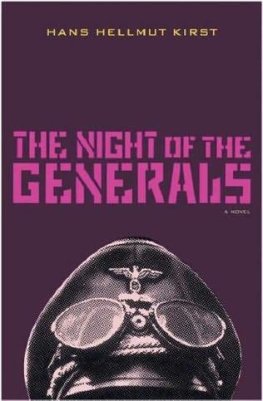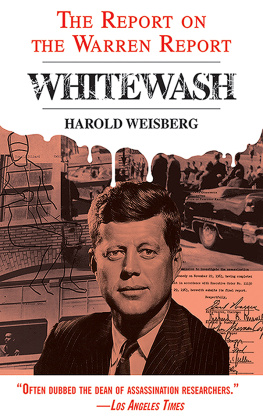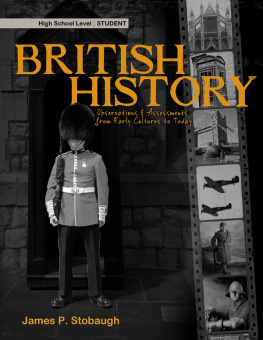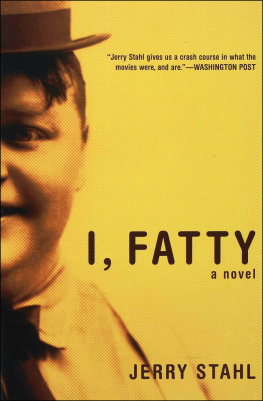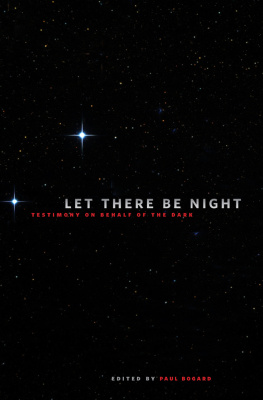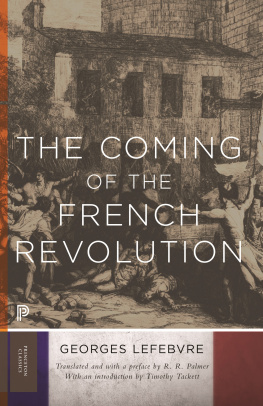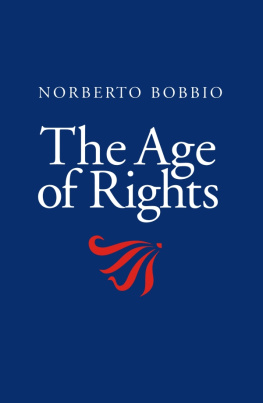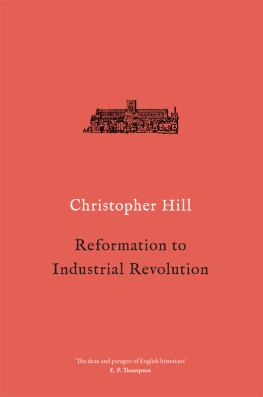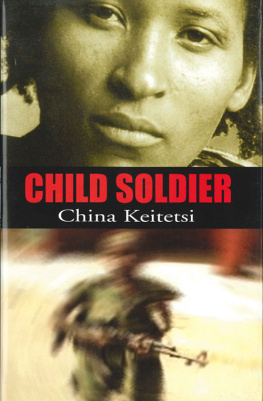When I was a foreign correspondent visiting Indonesia in the sixties, I would arrive in Jakarta (formerly Djakarta), take an ancient taxi or betjak pedicab, sprinkle my visiting cards around at the homes of generals, cabinet ministers, politicians and old friends I wanted to see, then go back to my hotel and wait for a few days.
There was no point in trying to reach these sources at their offices. In part it was because Indonesia was then so poverty-wracked they were all moonlighting at other jobs, but in part because in Indonesias easy-going culture, they had their own way of making contact.
Eventually, the invitations would trickle back, sometimes circuitously : drop in for Sunday breakfast with general so-and-so; maybe afternoon tea with the foreign minister; maybe a late night tte--tte with someone who did not want to be seen with a foreign journalist.
All this was immensely frustrating to hustle-and-bustle American businessmen, flying in, expecting instant appointments, trying to close deals overnight, then on to the next Asian country.
But it was the Indonesian way, and in it there is perhaps a lesson worth pondering as we observe Indonesia today at something of a crossroads. The lesson for Westerners is patience, and a recognition that things in this mystic land are not always what they seem. Sometimes they are as complex as the wayang, the popular Indonesian shadow play in which puppets are manipulated behind a back-lit curtain.
One of the most populous countries in the world, an island archipelago home to nearly 230 million people, Indonesia is for the most part overlooked in the world scheme of things. Outside Asia, except for occasional eye-catching upheavals and eruptions, it rarely leads the TV network news or makes the front pages of the newspapers.
After declaring independence from the Dutch after World War II, President Sukarno ruled Indonesia for 20 years. He badly mismanaged the country, but as late as the sixties I watched him still exerting his mesmeric control over audiences of many thousands. An abortive communist coup against the military in 1965 led to his downfall, a savage bloodletting, and the installation of army general Suharto. For the next three decades Suharto ruled Indonesia with an iron hand, amid widespread corruption, without realizing either the economic potential or the democratic gains for which many had hoped after Sukarnos exit. Suharto himself was ousted in 1998, was succeeded briefly by two weak presidents, and finally in 2001 by Megawati Sukarnoputri, Sukarnos daughter. Megawati is not the politically messianic figure that her father was, but she is popular and has the support of the Indonesian army which has long played a critical political role in the country.
Thus Indonesia finds itself at a critical turning point.
Will it make up for the lost opportunities of the past, utilizing its rich natural resources for the economic advancement of all its people?
Will a period of political turbulence be followed by stability and steady democratic progress?
Will the Indonesian army, recovering from its tarnished reputation following human rights abuses in East Timor, assume a more conventional and less political role?
Perhaps most critically of all, will Indonesia be taken hostage by the kind of religious extremism which would move it away from the worlds mainstream and ally it with the least developed nations of Islam?
With the advent of international terrorism, the existence of pockets of Muslim extremists in parts of Indonesia has captured the attention of the outside world, particularly the United States.
Here cool analysis is needed. Indonesia is the largest Muslim country in the world. But it is not an Arab country. Nor do the majority of Indonesias Muslims follow Islam with the hard-line fervour that is prevalent in many Arab countries. Nevertheless, the sprouting of a variety of extremist cells and groups, some professing sympathy with Osama bin Laden, is cause for concern.
Foreign aid, particularly American, in arresting this ominous growth should not be intrusive, lest on the one hand it inflames the extremists and on the other hand alienates the moderates in Indonesia. I was one of the few foreign journalists in Indonesia covering the overthrow of Sukarno in 19657. His downfall derived from massive student dissatisfaction and demonstrations, coupled with the enthusiasm of the army for purging the country of the Indonesian Communist Party with which he had allied himself. Though the United States was clearly delighted at the Communist Partys eclipse, it was either unable or unwilling to intervene in any substantial way, leaving Indonesians to work an outcome that obviously was not unwelcome.
The same diplomatic deftness is required now. The skill with which Indonesias rulers tackle their challenges, and the sensitivity with which Indonesias foreign friends assist, may determine whether Indonesia veers towards the radical, or remains moderate. Indonesia may have been ignored in the past but the stakes now are high. The direction of large, non-Arab, Muslim countries like Indonesia and Pakistan and Turkey versus the more extreme Muslim lands of the Arab Middle East will have a major impact on the future of Islam and its relations with the rest of the world.
I hope this book may have some relevance to your understanding of Indonesia today. As the Far Eastern correspondent of The Christian Science Monitor, I spent a good deal of time in Indonesia both before and after the violent upheaval of 1965, and was fortunate to be an eyewitness to events. Much of the information contained herein was gathered during the heat of daily reporting, moving through crowds sometimes friendly and mobs sometimes hostile. Sometimes I could reach key players like President Sukarno, and some of the generals and political and student leaders involved, and some of the time they were incommunicado. My dispatches were daily snapshots of moments of history in the making. Once the country had returned to relative calm, I had many unanswered questions and returned to Indonesia, taking my family with me, to live there for several months seeking the answers to those questions, clarifying who did what when, what their thought processes were at the time, who hid from whom, which generals moved which units where, who were the killers, and who were the killed. This complete story was much longer than could be told in any series of newspaper dispatches and so emerged this book, first published in 1967.


